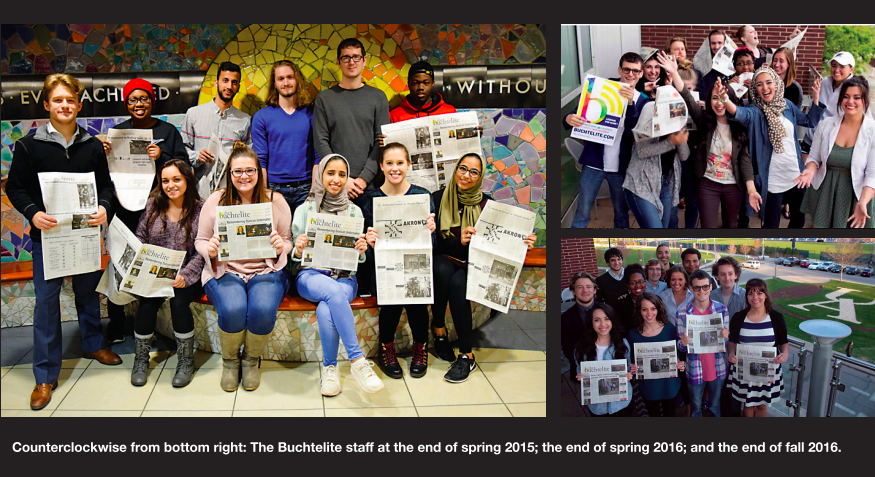“Terry Pascher began his class without a welcome or a smile. How many countries did the United States invade in the 20th century? Several hands went up. A list was compiled on the blackboard of about 10 countries. Is that it? Pascher asked. His students were silent.”
“
Terry Pascher began his class without a welcome or a smile. How many countries did the United States invade in the 20th century?
Several hands went up. A list was compiled on the blackboard of about 10 countries.
Is that it? Pascher asked. His students were silent. Watch this video.
Names of countries streamed across the screen. It turns out the U.S. government has been involved in the affairs of more than 100 countries since 1890. The video ended, and Pascher turned the lights on. He paused for a second as his students sat in awed silence.
Americans know very little about what their country is doing in foreign policy, he began. It’s like finding out that your mother is not a nurse working the night shift, but a prostitute working the streets.
It is this in-your-face presentation that has garnered assistant professor Terry Pascher a notorious reputation. Pascher teaches World Civilization: Latin America, a class offered within the Humanities realm in the general education requirements of the university. While this is a basic history course, Pascher believes that so much of Latin America’s history is the result of involvement by the United States government.
Herein lies the controversy. For some students, Pascher’s subject matter comes across as anti-American and anti-government. It also goes against the belief that Americans can trust their government, which angers many students. The class has become a living example of a professor’s power of freedom of speech within the classroom and its effects on students.
As class continued, hands shot up.
One student almost stumped the composed Pascher. Do you think Sept. 11 was set up to take us to war? he asked.
Pascher shook his head. You’re going to get me in trouble by asking that question, he said. He paused for a minute as he determined an answer. There are such things called false flag operations – you do it yourself and blame it on someone else. There’s a possibility. Buildings don’t fall because of fire, and there were reports that people heard explosions. One third of the CIA’s budget goes to propaganda.
While it may seem Pascher is simply anti-American, he believes that he is doing a public service.
We need to wake the American people up before it’s too late, he said. It’s a horrible reality right now. When I was in college, we were guaranteed a job when we graduated. Now, people have to work two jobs to make a living, and nothing is guaranteed. There is no light at the end of the tunnel.
The educational system has a purpose: to indoctrinate and to perpetuate the status quo.
Should an employee of an institution that promises bright futures to its students be preaching otherwise? The university community seems to think it is OK.
Whether professors should be expected to teach pro- or anti-government views, I think the point should be that they should not be required to teach one or the other, said John Hebert, the president of the Akron chapter of the American Association of University Professors. If a university supports academic freedom, then it would not want to abridge the academic freedom of faculty whose views in their subjects might be different from those of university administrators.
University provost Elizabeth Stroble side-stepped the question of controversial subject matter in the classroom and instead chose to quote the bargaining agreement between the university and the AAUP: (Professors) primary responsibility to their subjects is to seek and state the truth as they see it.
Pascher acknowledges: I’m dysfunctional to the system, but I’m not subversive. Americans are taught to be patriotic and obedient. The courts have always taught that there is no limit to free speech.
Earlier this month, a professor from Kent State University was accused of going beyond fair practice of free speech. Julio Pino, an associate professor of history, was accused of maintaining a Web site that supported al-Qaida and the Taliban. The university stood behind Pino and acknowledged that it had received hate mail and threats.
Pascher, though, was unaware of the situation because he does not read the newspaper or watch television. But he was not surprised at the allegations.
I do not know what the professor’s Web site advocated, he said, but today, anyone who stands up for the rights of the Palestinians can be considered to be supporting terrorism.
“


Jackie • Apr 16, 2024 at 9:29 PM
Hi! I am trying to find a professor named Terry Pascher who taught at a High School in Nicaragua in the 90s and wondered if he is this same university professor. Would you happen to have any contact information?
John Paul Pascher • Apr 21, 2024 at 4:02 AM
He was a legend. What would you like to know.
John Paul Pascher • Apr 21, 2024 at 6:58 AM
What would you like to know about Terry T Pascher?
John Paul Pascher • Apr 21, 2024 at 7:03 AM
What would you like to know about my Pops?
John Paul Pascher • Apr 21, 2024 at 4:19 PM
Yes I would like to answer any questions you may have
Karina • Jul 13, 2024 at 6:47 PM
I was his student at ANS and he left a huge impact in our lives. What a great teacher! I hope he’s doing well. How can our class of 99 reach out to him?